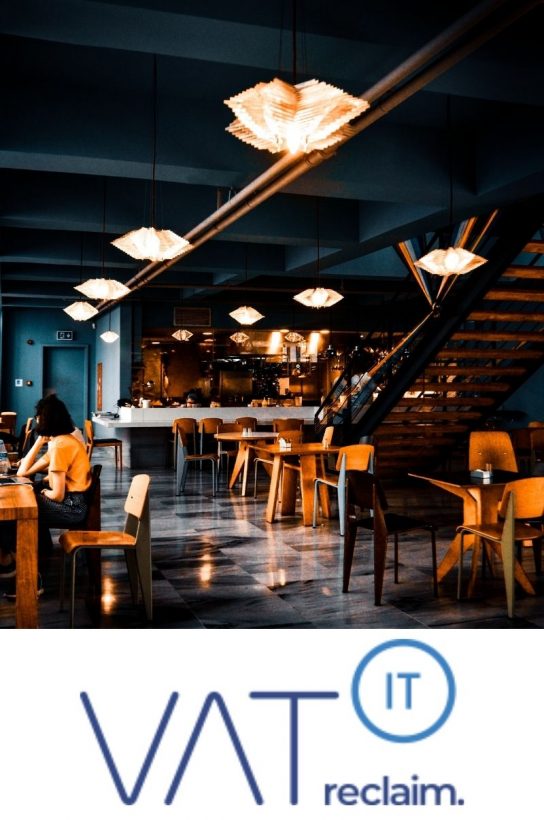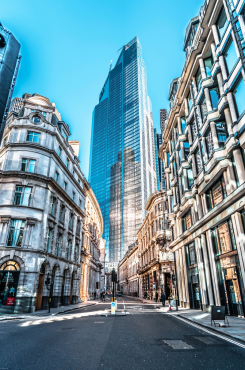Food for thought: A post-Covid, post-Brexit view on returning to business
Published 17 March 2021
by Selwyn Stein

A lot has changed in the last 12 months. With the hospitality industry bearing the brunt of punishing lockdowns and learning in January that a raft of bureaucratic administration and costs are the new norm, this is an important juncture to take a holistic view of what it means to run a hospitality business in 2021 and beyond.
More than ever before, being able to reclaim every penny that you can is crucial. Over the past few years, we have saved businesses hundreds of millions of pounds in reclaimed VAT with many companies not realising there are avenues they have not explored – we recently reclaimed £16m in VAT for an international hotel chain.
One area that affects us all but is often overlooked by businesses are indirect taxes and how, if managed carefully, they can in fact be a reliable source of cost efficiency. With resources, time and expertise all scarcely available as businesses rightly focus on opening up again, it is worth thinking about how these taxes apply to each of you, how you operate and how you can reclaim money already paid out in VAT, sometimes going back four years.
The extension of the VAT payment deferment to June 2021 by HMRC gives welcome cash flow relief to many businesses for VAT not paid in 2020 during the height of the pandemic. Coupled with the recent announcement extending hospitality & tourism VAT cuts to 5% until 30 Sept 2021 and then 12.5% till 30 April 2022, there is certainly a favourable landscape to reopen from a corporate perspective. The incentive to reduce cost for consumers through these measures bodes well for the industry as a whole.
When considering the post-Brexit landscape, much has changed that will have a direct operational effect on your businesses, such as longer delivery times to receive goods, produce or equipment from our European neighbours (thanks to onerous customs compliance procedures), increased costs to cover new administrative processes and any now payable duties and taxes. The same set of challenges would of course apply to any exports made from the U.K. outwards to customers in the EU. The skill comes in knowing how to navigate these new rules and regulations and make sure that you know how to reclaim every penny you can.
Front of mind is overcoming the current logistical challenges around the import of fresh produce or equipment from the EU. Last week the Government announced delays to applying more stringent checks on these items at UK borders to try sort out systems and procedures that would cause severe delays in their current state. Each of the 27 European countries also apply their own VAT rates and British often pay substantial amounts of VAT (up to 27%) to these countries for either services or goods without realising that they can often get cash refunds for these charges.
A great example is an industrial kitchen equipment being imported from Germany for a UK chain. On arrival customs checks will be performed, duties payable and an import VAT amount of 20% of the value of the equipment payable too. Without appropriate expertise you could end up absorbing this cost. HMRC has various mechanisms in place to mitigate this, such as deferment of import VAT payment and the use of postponed VAT accounting. It is imperative that you consult professionals to guide you through these processes and benefit from these cash-flow protections.
With available working capital at an all-time low, any opportunity to reduce costs, save money and avoid disruption are welcome. Firstly, identifying when these taxes are being paid and, secondly, knowing how to manage them effectively can dramatically reduce the effect of Brexit on your businesses and give you more money as you reopen.
Selwyn Stein is the Managing Director of VAT IT, who are the global experts in reclaiming VAT for thousands of companies around the world and helping with imports/exports.
To get in touch with Selwyn, email [email protected]





